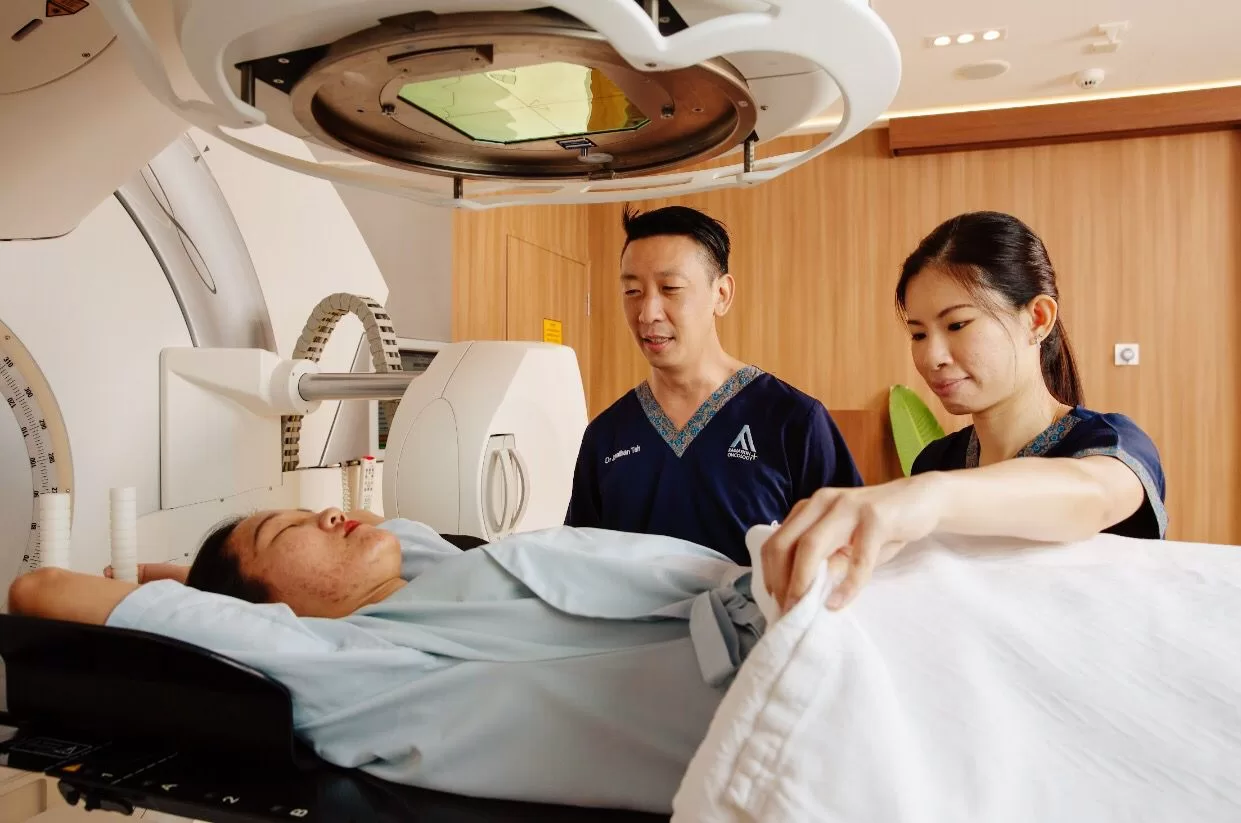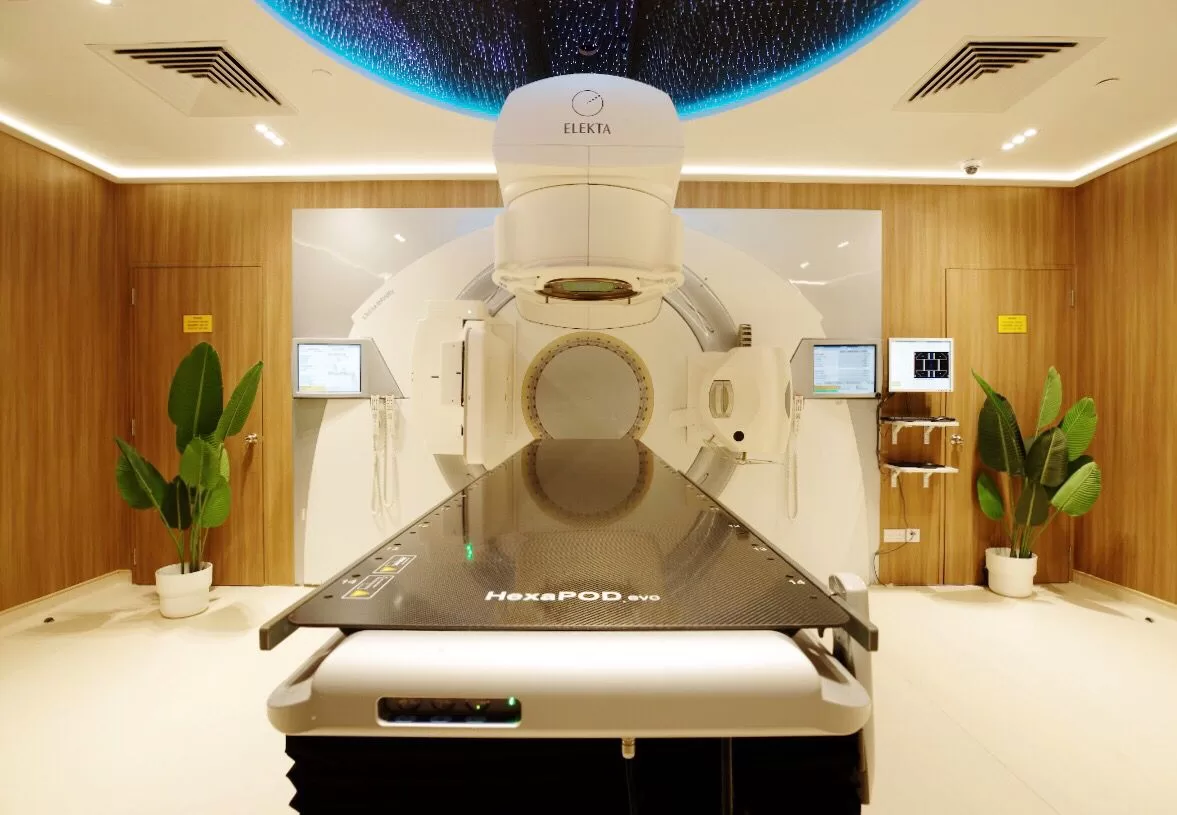How is Prostate Cancer Diagnosed?
There are several tests for prostate cancer. A digital rectal examination (DRE) allows the doctor to detect any abnormalities in the prostate gland – whether it is the texture, shape, or size. A transrectal ultrasound will also allow for the detection of abnormalities in the prostate gland.
A blood sample can be taken to detect the prostate-specific antigen (PSA). This is a chemical that is naturally produced by the prostate gland. A high level of this antigen will alert the doctor to begin further investigations.
Prostate cancer screening usually involves taking a blood sample for PSA, and may be combined with a DRE. Patients with a high PSA or abnormal DRE may require a prostate biopsy, which involves taking small amounts of tissue from the prostate gland for examination. It checks for the presence of cancer and also how aggressive it is likely to be (tumour grade).
Once prostate cancer is diagnosed, other tests that help with finding out the stage include:
- Computerised tomography (CT) scans
- Magnetic resonance imaging (MRI)
- PSMA-PET scans
- Bone scans
What are the Treatment Options Available?
Treatment options for prostate cancer depend on the stage and grade of the cancer, as well as the age and general health of the individual. For some, it only involves active surveillance – some prostate cancers grow very slowly. This means it may take many years for any symptoms to emerge, but men in good health should be followed up closely by their doctor to look out for signs that the cancer is turning aggressive.
For every patient, treatment is multidisciplinary, personalized, and precise. There are a variety of treatment options available, which may include the following, possibly in combination:
- Surgery – prostatectomy (removal of the prostate)
- Radiation therapy, including:
- External Beam Radiation Therapy
- Stereotactic Body Radiation Therapy
- Proton Therapy
- Radioactive Implants
- Hormone Therapy
- Chemotherapy
- Radionuclide Therapy
- Immunotherapy
Disclaimer: The content for this article is for informational purposes only and is not a substitute for professional medical advice, diagnosis, or treatment. Always consult your oncologist with any questions regarding a medical condition. Do not disregard medical advice or delay seeking it based on information from this site.


